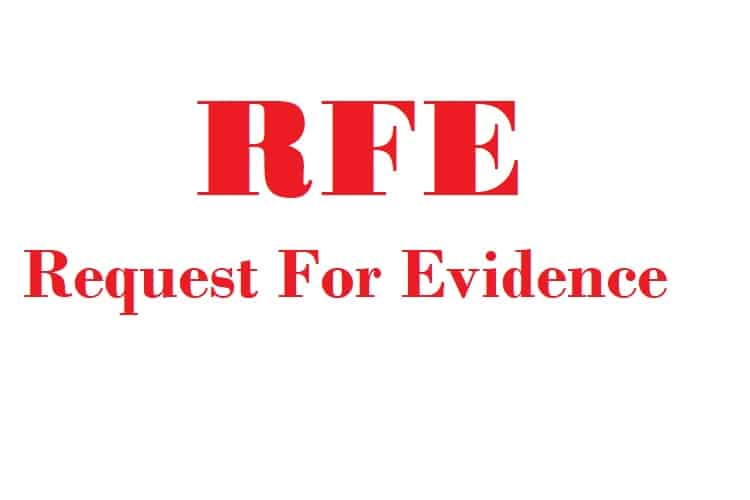Introduction
In today's competitive task market, the shift from class discovering to real-world application is more essential than ever. Students and specialists alike are looking for methods to translate their work experiences into scholastic credits. This short article explores the elaborate process of evaluating work experience for education credit, underlining its significance in personal and expert advancement.
As we look into this topic, we will talk about numerous aspects of scholastic credential assessment, global credential examination services, course-by-course credential assessment, and how they connect to work experience evaluation. In addition, we'll explore expert viewpoint https://felixclxb497.trexgame.net/optimizing-your-educational-possible-with-course-by-course-evaluations letters and service plan examinations as part of this diverse journey.
From Class to Profession: Assessing Work Experience for Education Credit
The bridge in between classroom education and profession success frequently involves recognizing the value of practical experience. Lots of trainees build up considerable work experience throughout internships or part-time tasks that may not be officially recognized by educational institutions. But how can one ensure that these experiences count towards their academic credentials?
Why Evaluate Work Experience?
Evaluating work experience is vital for several reasons:
Recognition of Skills: It confirms the skills gotten through hands-on experiences. Enhanced Employability: Companies progressively seek prospects with practical understanding alongside official education. Personal Growth: Acknowledgment of previous experiences boosts self-confidence and motivates long-lasting learning.Types of Credential Evaluation
Understanding the various types of credential evaluations available can help people navigate this procedure effectively.
Academic Credential Evaluation
Academic credential evaluation evaluates foreign instructional certifications against established requirements in another country. This procedure is crucial for global students or workers intending to show their academic background.

International Credential Examination Services
These services specialize in examining foreign credentials and identifying their equivalency in the host nation's instructional system. They provide reports that outline the level and type of education received abroad.
Course-by-Course Credential Evaluation
This in-depth analysis breaks down each course taken during a degree program, providing insights into grades earned and credit hours completed. It's especially useful for trainees wanting to move credits between institutions.
Work Experience Evaluation
Work experience evaluation acts as an approach to formally assess non-academic abilities gained through employment or volunteer activities. Here's how it works:
Documentation: Individuals must gather paperwork such as task descriptions, performance evaluations, and any relevant certifications. Comparative Analysis: The critic compares this information against developed educational competencies. Outcome: The outcome may result in scholastic credits awarded based upon shown knowledge and skills.
The Role of Expert Viewpoint Letters
An expert viewpoint letter can strengthen your case when seeking credit for work experience. These letters generally come from market specialists who can attest to your abilities and contributions in a specific field.
What Needs to a Professional Opinion Letter Include?
- An overview of your role in the organization Specific abilities you developed How your experiences connect to academic outcomes
Having a professional endorse your capabilities not just lends trustworthiness but also boosts your general portfolio when applying for advanced research studies or positions.
Business Plan Assessment as a Learning Tool
Creating an organization plan can be an excellent method to display your understanding of theoretical concepts applied in real-world circumstances. An extensive assessment of a business strategy may highlight proficiencies such as strategic thinking, monetary preparation, and market analysis.
FAQs
1. What kinds of work experiences receive scholastic credit?
Typically, work experiences that straight connect to your field of study or show transferable abilities are qualified for scholastic credit.
2. How do I find international credential evaluation services?
You can search online directory sites or speak with universities that typically have partnerships with reputable credential evaluators.
3. Is there a cost related to acquiring a professional viewpoint letter?
Yes, many specialists charge for their time invested composing these letters; however, some might provide them pro bono depending on the situation.

4. Can I get credit for overdue internships?
Absolutely! Overdue internships typically provide important experience and can be evaluated similarly to paid positions.
5. For how long does the credential evaluation process take?
The timeline varies based upon the service used however generally ranges from a few weeks to several months.
6. Exist specific documents required for course-by-course evaluations?
Yes, you will require transcripts from all post-secondary institutions attended, together with comprehensive course descriptions when possible.
Conclusion
Transitioning from classroom understanding to career readiness needs acknowledging the value of useful work experiences in education credit examinations. As we have actually checked out in "From Classroom to Career: Assessing Work Experience for Education Credit," both students and specialists stand to acquire substantially by leveraging their real-world experiences towards their scholastic goals.
By using various forms of examinations-- be it through scholastic credential assessments or professional opinion letters-- people can enhance their certifications while promoting long-lasting knowing principles that adhere closely to today's dynamic labor force demands.
In summary, embracing both theoretical understanding from class together with experiential knowing acquired through professional engagements creates well-rounded prospects prepared to take on the difficulties ahead in their careers.